Do you have a donor-advised fund? Do you know why you might want one? Do you know what one is? If you are a charitably inclined taxpayer, you should become familiar with these funds as one may be right for you.
A donor advised fund, also called a philanthropic fund, is a charitable vehicle to which you donate, typically appreciated stock, and from which you make recommendations for donations to eligible charitable organizations. These funds have been in existence since the 1930s and have been increasing in popularity since the 1990s, but with the much larger standard deductions that came with the new tax law, they have become even more attractive to taxpayers whose reasons for donating to charity are not necessarily tax-motivated, but who wouldn’t mind a tax deduction when they do so.
With the higher standard deduction and the deduction for taxes limited to only $10,000, many taxpayers find that they no longer receive a tax deduction for their annual charitable contributions. The first recommendation is to bunch your contributions, giving your 2019 contributions during the year as you normally would and prepaying your 2020 contributions in December of 2019. This would likely get your total deductions (usually taxes, mortgage and investment interest, and contributions) above the standard deduction amount, giving you at least some tax benefit from your 2020 contributions. Once you have exceeded the standard deduction, every dollar contributed gives you a tax benefit. So, if you were to prepay more than just your 2020 contributions, every dollar is deductible. If you aren’t willing to actually give the donee organizations multiple years of donations at one time, you can establish a donor-advised fund. You contribute multiple years’ worth of donations in one year, maximizing your tax deduction. Then you make your annual contributions by making recommendations from your donor-advised fund, meanwhile taking the standard deduction on your tax return.
If this sounds appealing, you will need to find a charitable organization that offers donor-advised funds. These have traditionally been offered by community foundations. Locally, the Savannah Community Foundation and the Jewish Community Foundation of the Savannah Jewish Federation are among the organizations offering these funds. More recently, major mutual fund families such as Fidelity and Vanguard offer the funds. A Google search should turn up more possibilities, both local and national. Fees for managing the fund, minimum charges, minimum recommendation amounts, the ease of making recommendations, all of these vary, so you should investigate multiple organizations to find the one that best fits your needs.
If the tax savings do not more than offset the fees charged for the fund, this is probably not the right suggestion for you. Sticking with bunching in alternate years, which incurs no fees, is likely a better choice. And remember whenever making a charitable contribution, that gifting appreciated stock saves you the capital gains tax. If you are 70 1/2 or older, the best choice is probably a qualified charitable distribution (QCD) You have whoever holds your IRA send a check from your IRA to one or more charitable organizations (limited to $100,000 total each year). This counts as part of your required minimum distribution and reduces the amount reported on your tax return, thus reducing your adjusted gross income.
The new tax law has given us new tax planning opportunities. If you want to be able to maximize the tax deductibility of your charitable donations, a donor-advised fund is worth considering. As with any tax planning idea, it as well as the QCD or even the donation of appreciated stock may not be right for you. It is always a good idea to discuss whatever tax planning idea you have with your tax advisor. We are always happy to help.




